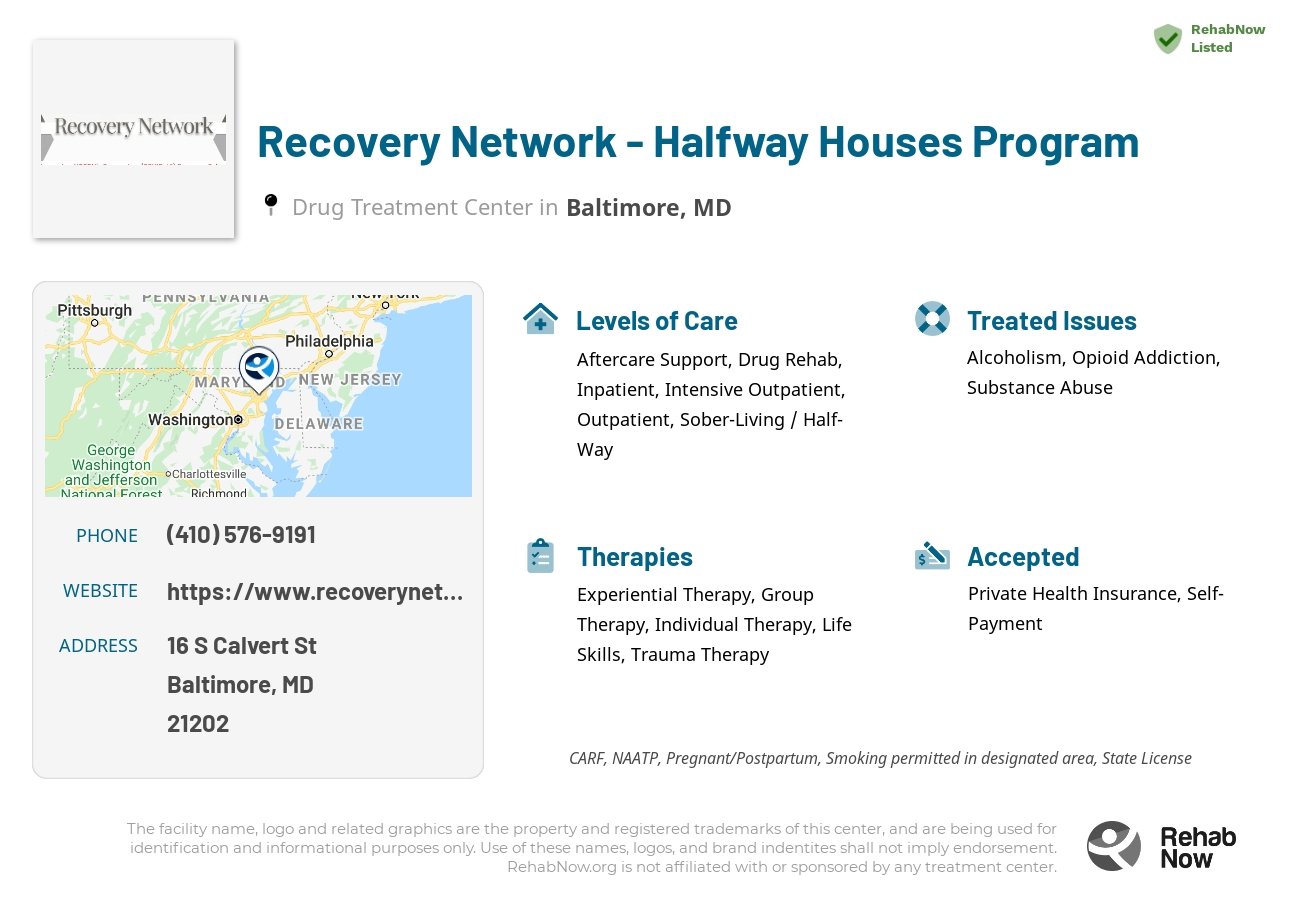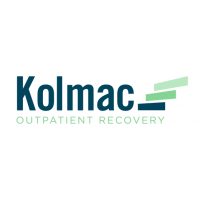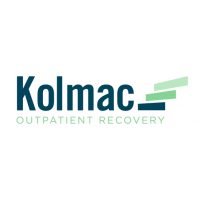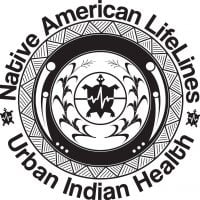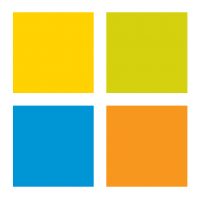Recovery Network - Halfway Houses Program
Drug Rehab Center in Baltimore, Maryland
Recovery Network - Halfway Houses Program in Baltimore, Maryland offers a range of certified treatment options, including inpatient, outpatient, and sober-living/halfway houses, for individuals seeking help with addiction and dual diagnosis, with aftercare support and acceptance of private health insurance.
About This Baltimore, MD Facility
Recovery Network - Halfway Houses Program, located in Baltimore, Maryland, is a private rehab facility specializing in the treatment of alcoholism, drug addiction, opioid addiction, and substance abuse. Their mission is to provide a culturally competent and evidence-based continuum of care that fosters a responsive and respectful treatment environment for patients and families.
- Offers a comprehensive range of services, including drug rehab, inpatient, residential, intensive outpatient, and outpatient programs
- Provides sober-living/halfway houses to support individuals transitioning back into the community
- Offers dual-diagnosis treatment for co-occurring substance abuse and mental health disorders
Recovery Network - Halfway Houses Program is an accredited treatment facility, holding certifications from reputable organizations such as LegitScript, JCAHO, NAATP, and CARF, ensuring high-quality care for individuals seeking help.
The facility treats a wide range of addictions, including alcoholism, drug addiction, opioid addiction, and substance abuse. Treatment methods and levels of care offered include inpatient, intensive outpatient, outpatient, sober-living/halfway houses, residential, partial-hospitalization, detox, and dual-diagnosis treatment.
Genders
Ages
Modality
Additional
Accreditations
NAATP

LegitScript

JCAHO

CARF
The Commission on Accreditation of Rehabilitation Facilities (CARF) is a non-profit organization that specifically accredits rehab organizations. Founded in 1966, CARF's, mission is to help service providers like rehab facilities maintain high standards of care.
Conditions and Issues Treated
Substance abuse refers to the intensive and inappropriate use of psychoactive substances. Psychoactive substances are those that affect brain function. These include illegal drugs, alcohol, and even the excessive use of prescription drugs. The overuse of psychoactive substances leads to severe physical or psychological dependence. It also affects the social life and relationships of the affected individual. Substance abuse is treatable.
The duration of treatment at Recovery Network - Halfway Houses Program in Baltimore can require weeks or even months depending on the severity of the condition as there is a risk of relapse. Treatment options include medications, counseling sessions, various types of behavioral therapy, and group therapy in different combinations.
Addiction to prescription opioid painkillers like oxycodone and hydrocodone, and illicit opioids such as heroin, leads to potentially life-threatening withdrawal symptoms when discontinued. Opioid addiction treatment typically involves an inpatient stay at facilities like Recovery Network - Halfway Houses Program to make sure they get through withdrawal safely. Treatment also includes comprehensive mental health counseling.
Mental illness includes conditions such as anxiety, depression, schizophrenia, bipolar disorder. It can also happen that mental illness causes drug addiction and vice versa. Recovery Network - Halfway Houses Program in Maryland knows it is vital to diagnose dual diagnosis or co-occurring disorder.
Levels of Care Offered
This center offers a variety of custom treatment tailored to individual recovery. Currently available are Aftercare Support, Detox, Drug Rehab, Dual-Diagnosis, Inpatient, Intensive Outpatient, Outpatient, Partial-Hospitalization, Residential, Sober-Living / Half-Way, with additional therapies available as listed below.
One of the first things an addict should do when entering treatment is to abstain from using illicit drugs completely. Depending on the length of time that the person has been using, the addict may have to go through alcohol or drug withdrawal. Fortunately, detox doesn’t have to be done alone, and withdrawal symptoms can be managed medically in an inpatient or outpatient setting. While detox may be uncomfortable, it is not life-threatening. Detoxification allows the addict to rid the body of all traces of drugs or alcohol and gives the addict a clean slate for their recovery.
Inpatient programs are intensive regimes that require individuals suffering from serious addictions to admit themselves into a controlled environment. Inpatient programs in Maryland generally span over 28 days to six months. The first step in an inpatient program is medically assisted detox. Doctors and addiction specialists at Recovery Network - Halfway Houses Program monitor the individual’s vital signs as the drugs leave their system. Some inpatient rehab programs also provide counseling for family members to provide encouragement and emotional support. In inpatient programs, patients have access to 24-hour medical supervision.
Daily trips to the hospital that provides the treatment include intensive outpatient services (IOP). IOP in Maryland is appropriate for patients in residential recovery facilities that have been diagnosed with addiction. Patients return to their everyday lives gradually, increasing the likeliness of success in treatment.
To assist with alcohol or opioid abuse, or a co-occurring condition, Recovery Network - Halfway Houses Program offers an outpatient treatment program. For their rehabilitation and other services, the Maryland patient will go to the treatment center, yet return home every night. After most of the program is completed, the level of mandatory participation reduces.
To protect those dealing with acute symptoms of addiction, a partial hospitalization program is ideal in the treatment process. This ensures that the person is cared for in a hospital-like environment in Baltimore, MD during the battle against drug addiction effects. Most PHPs need therapy for about six hours, at least three days a week.
Sober living houses in Maryland help the patient to smoothly transition from a formal treatment program to a normal life. They are also known as recovery residences or half-way houses. SLH like Recovery Network - Halfway Houses Program provide the advantage of residing with a peer-group who had similar experiences.
Residential treatment programs are those that offer housing and meals in addition to substance abuse treatment. Rehab facilities that offer residential treatment allow patients to focus solely on recovery, in an environment totally separate from their lives. Some rehab centers specialize in short-term residential treatment (a few days to a week or two), while others solely provide treatment on a long-term basis (several weeks to months). Some offer both, and tailor treatment to the patient’s individual requirements.
Treatment is just a first step in sustaining sobriety. After rehabilitation, counseling for aftercare helps the person adapt to a life without drugs. A sober living facility in Baltimore, job therapy, or educational assistance may be included in this service, managed by Recovery Network - Halfway Houses Program. This is when a preventive strategy for relapse starts to take shape.
Recovery Network - Halfway Houses Program‘s Therapies & Programs
In addiction recovery at Recovery Network - Halfway Houses Program, therapy plays a significant role. This helps patients get to the root of their addiction and discover how the problems that contributed to their use can be handled better. Therapy can be performed in a group and one on one settings. The patient interacts with the therapist in a one-on-one atmosphere during individual therapy. This encourages them to reflect on the underlying addiction problems and develop ways to avoid potential future abuse.
Recovering from addiction involves recovering relationships as well. One of the most common areas of stress and damage during addiction is in intimate relationships. Couples therapy at Recovery Network - Halfway Houses Program can rebuild trust and joy that may have been damaged. Addiction involves everyone in the family, not only the addict.
Family roles can change in damaging ways that may require professional help to rebalance. Successful intimate relationships can decrease the chances for relapse by ensuring a healthy environment after rehab in Baltimore, MD.
Addiction and alcoholism affect the entire family. For this reason, family therapy is vital to a person’s recovery from addiction. In contrast to couples counseling, family therapy at Recovery Network - Halfway Houses Program may include siblings, children, parents, and other significant people in the recovering person’s life. Family support is one of the most important pillars of recovery.
Many people turn to drugs and alcohol as a way of processing trauma that has affected them in the past. Trauma can include abuse, neglect, the loss of a loved one and other unpleasant incidents. Trauma therapy at Recovery Network - Halfway Houses Program helps patients process trauma. It gives them the tools to deal with it in a healthier manner.
Dialectical behavioral therapy (DBT) is a type of Cognitive Behavioral Therapy that focuses on eliminating specific negative thoughts such as suicidal thoughts that can potentially lead to an individual inflicting self-harm. It is useful in the treatment of patients exhibiting uncontrollable emotions, intense mood swings, and borderline personality disorders.
The term “Dialectic” means the integration of opposites. In the substance abuse context, DBT refers to accepting the patient’s addiction and working to change their thoughts and behavior. It improves life skills such as controlling the intense emotions without reacting impulsively, resolving the interpersonal conflicts effectively, and promoting awareness about self and others.
Cognitive Behavioral Therapy (CBT) examines the relationship between a patient’s thoughts, feelings and behaviors. Recovery Network - Halfway Houses Program aims to establish a healthy response to thoughts and feelings as an alternative to turning to drugs and alcohol. It also promotes healthy communication between addicts and those around them. It is and effective therapy for people suffering with all types of addictions.
Rational Emotive Behavior Therapy (REBT) is a type of cognitive therapy. It is based on the principle that irrational thoughts are responsible for the emotional and behavioral changes in addiction. So, the therapy starts with identifying the underlying irrational thoughts. These thoughts are then challenged and opposed logically and then replaced with positive thoughts. It also helps to change unwanted behavior with techniques such as meditation.
By imparting positive thoughts and emotions, Rational Emotive Behavior Therapy (REBT) makes the individual self-reliant with a capacity to handle the emotional and behavioral issues in future by themselves without professional help. This self-dependence benefits the patients and prevent relapses.
Life skills pertain to the skill sets a person should possess to become successful in life. Examples are time management, budgeting, and social abilities. Life skills therapy highlights the fact that addiction recovery is more than just a person’s ability to go through their day-to-day without resorting to substance use in Baltimore, MD once they leave the facility.
The recovery technique used by Alcoholics Anonymous is the 12 step program, but it can relate to any form of addiction. The 12 steps that addicts must take on the road to recovery are explained. Measures include acknowledging that you have a problem and agreeing to turn around your life. The curriculum, instructed by Recovery Network - Halfway Houses Program, also requires a belief in a greater power and making amends to others.
Contingency Management (CM), also called motivational incentives, is a type of pure behavioral therapy. It’s based on the idea that behavior is shaped, motivated, or controlled by its outcomes. CM is a clinical application at Recovery Network - Halfway Houses Program of operant conditioning, which helps clients eliminate unwanted behaviors by the use of positive and negative reinforcement.
Patient Experience
Creative Arts
For those combating addiction recovery in Baltimore, MD, creative arts therapy, or expressive therapy, is advantageous. Reading, music, theater, art, and other types of self-expression may be included. Recovery Network - Halfway Houses Program uses this to enhance the mental state of the patient and help them to focus on something other than addiction. It helps patients to explore how, through the creative process, their thoughts and emotions play out.
Experiential Therapy at Recovery Network - Halfway Houses Program
Experential therapy is a unique type of therapy that deals with the subconscious mind. This treatment available at Recovery Network - Halfway Houses Program in Baltimore, MD encourages individuals to work out their issues with their inner self through synchronous experiences.
This non-traditional treatment method makes use of the physique and encourages people to take part in various physical and emotional activities, movements, and practices. Some of the most common examples of experiential therapy are equine therapy, music therapy, adventure therapy, and role playing. Through these various methods, an individual is believed to heal from trauma, negative emotions, and hurtful memories faster. Moreover, experiential therapy is known to have enduring results which can be beneficial to sufferers.
Payment Options Accepted
For specific insurance or payment methods please contact us.
Is your insurance accepted?
Ask an expert, call (888) 674-0062
Recovery Network Associated Centers
Discover treatment facilities under the same provider.
- Recovery Network - 25th Street in Baltimore, MD
- Recovery Network - College Park in College Park, MD
- Recovery Network - Charles Street in Baltimore, MD
- Recovery Network - Intensive Outpatient in Baltimore, MD
- Recovery Network - Gaithersburg in Gaithersburg, MD
Learn More About Recovery Network Centers
Additional Details
Specifics, location, and helpful extra information.
Baltimore, Maryland 21202 Phone Number(410) 576-9191 Meta DetailsUpdated April 15, 2024
Staff Verified
What else do people call Recovery Network – Halfway Houses Program?
People have occasionally also searched for “Recovery Network Halfway Houses Program in Maryland”
Is Recovery Network – Halfway Houses Program a LegitScript Verified Treatment Facility?
According to our most recent records, we have found this center to be LegitScript verified.
Patient Reviews
There are no reviews yet. Be the first one to write one.
Baltimore, Maryland Addiction Information
For the past decade, Maryland's rate of drug use and abuse has significantly increased. The overdose rate is currently higher than the national average. This epidemic is due to the many industries where manual labor is required. As soon as prescription opioids were more readily accessible a large part of manual workers started using–and eventually abusing–the painkillers.
According to recent statistics, there are around 33,000 people who are addicted to drugs in Baltimore. Heroin-related overdose deaths are quite high in Baltimore, at 837 per 100,000 residents in 2016. Baltimore's most commonly abused drugs include heroin, cocaine, and marijuana. The people of Baltimore are friendly and welcoming, and there's always something going on. If you're looking for a place to start fresh, Baltimore is the perfect place.
Treatment in Nearby Cities
- District Heights, MD (33.3 mi.)
- Barstow, MD (52.8 mi.)
- Thurmont, MD (48.5 mi.)
- Pasadena, MD (12.8 mi.)
- Princess Anne, MD (90.0 mi.)
Centers near Recovery Network - Halfway Houses Program
The facility name, logo and brand are the property and registered trademarks of Recovery Network - Halfway Houses Program, and are being used for identification and informational purposes only. Use of these names, logos and brands shall not imply endorsement. RehabNow.org is not affiliated with or sponsored by Recovery Network - Halfway Houses Program.





